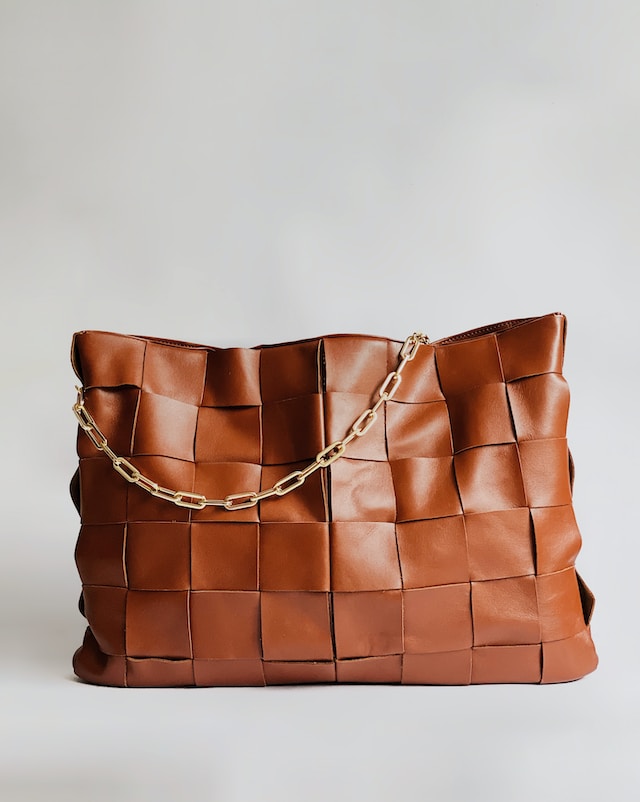Is it Legal to Sell Replica Products in Myanmar?
In Myanmar, the sale of replica or counterfeit products is considered illegal. The Myanmar law strictly prohibits the production, distribution, and sale of any goods that infringe on the intellectual property rights of others. This includes popular brands such as Rolex and Gucci, which are often targeted by counterfeiters. The law covers a wide range of goods, from watches and clothing to electronics and software.
What are the Laws, Penalties, and Law Enforcement Strategies for Counterfeit Goods in Myanmar?
The laws in Myanmar are very clear when it comes to counterfeit goods. The primary legislation in this regard is the Intellectual Property Law, which protects the rights of creators and manufacturers.
Violations of these laws can lead to severe penalties. The specific penalties can vary, but they generally include fines, imprisonment, or both. For instance, producing, distributing, or selling counterfeit goods can result in imprisonment for up to three years and/or a fine of up to 1.5 million kyats.
Myanmar law enforcement agencies are proactive in their fight against counterfeit goods. They conduct regular raids on markets and shops suspected of selling counterfeit products, and they work closely with international organizations to monitor and control the import and export of goods.
What are the Specific Regulations for Replica Products in Myanmar?
In Myanmar, replica products are treated the same as counterfeit goods. Any product that imitates a genuine item, regardless of whether it is labeled as a replica or not, is considered a counterfeit product. This includes replicas of watches, handbags, clothing, and other items.
There are specific regulations regarding the import and export of replica products. Importers and exporters must ensure that their products do not infringe on any intellectual property rights. Failure to do so can result in the seizure of goods, fines, and other penalties.
How Prevalent is the Replica Watch Market in Myanmar?
The replica watch market is quite prevalent in Myanmar. This is especially true for high-end brands like Rolex and Gucci. Many street markets and shops sell these replicas, often at a fraction of the price of the genuine item.
However, the Myanmar government and law enforcement agencies are working hard to curb this practice. They regularly conduct raids and inspections, and they are constantly monitoring the import and export of goods to prevent the entry of counterfeit products into the country.
Are there Specific Markets or Locations in Myanmar Known for Selling Counterfeit Goods?
Yes, there are certain markets and locations in Myanmar that are known for selling counterfeit goods. These include street markets in major cities like Yangon and Mandalay. These markets are often crowded and bustling, making it easier for vendors to sell counterfeit goods without attracting too much attention.
However, it’s important to note that the sale of counterfeit goods is not limited to these markets. Counterfeit products can also be found in shops, online platforms, and other locations throughout the country.
What are Some Helpful Links, Government Laws, and Resources on Counterfeit and Replica Goods in Myanmar?
There are several resources available for those interested in learning more about counterfeit and replica goods laws in Myanmar. These include:
- The World Intellectual Property Organization (WIPO) – Provides detailed information on the Intellectual Property Law in Myanmar.
- The Intellectual Property Rights Department (IPRD) – The government agency responsible for enforcing intellectual property laws in Myanmar.
- The Myanmar Trade Portal – Provides information on import and export regulations, including those related to counterfeit and replica goods.
While it's clear that all the legal repercussions are on the seller, the buyer should make sure to find a trusted dealer, since there is a lot of scam in the replica industry. If you are in the market for Replica Rolex watches, make sure you choose a trusted and reputable vendor.
